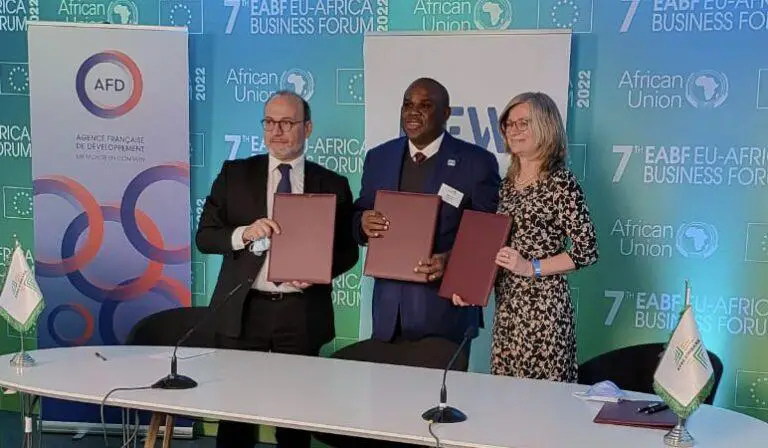According to Deutschland, German companies long concentrated only on South Africa, but this is changing. Over the past eight years, the Association of German Chambers of Commerce and Industry (DIHK) has opened not less than five new branch offices. Apart from South Africa, top investment destinations include Nigeria, Ghana, Angola, Tanzania, and Mozambique.
Alongside their primary business, German companies are also involved in numerous initiatives to support the African economy and combat poverty. Germany's Mechanical Engineering Industry Association (VDMA) has founded the "Skilled Workers for Africa" initiative in Botswana, Kenya, and Nigeria. Germany's successful dual vocational training model serves as an example in Africa. At the same time, Germans benefit from collaboration with local partners, who enable them to access new markets. Local shareholders are essential in some countries.
To strengthen their cross-continental network and promote a value and interest-based exchange, Konrad-Adenauer-Stiftung (KAS) and the Hanns-Seidel-Stiftung (HSS) supported by the Africa CDU/CSU group in the German Bundestag, held a conference in May 2022.
[elementor-template id="94265"]











